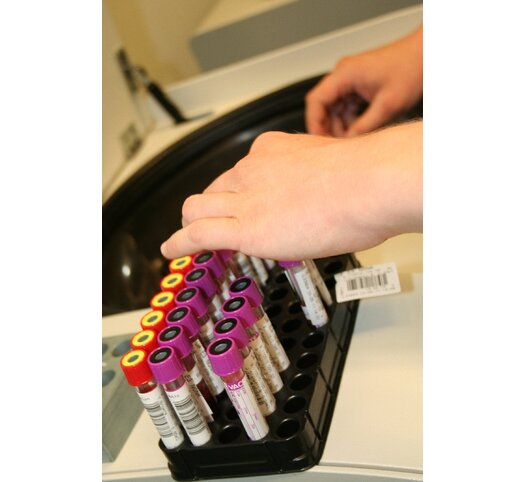Expat Health Clinic | Diabetes Screening Panel
The following tests will be performed:
- Glucose (NAF)
- HbA1c (EDTA)
Glucose
Glucose is a simple sugar that comes from carbohydrates in food. It is absorbed into the bloodstream via the intestines and serves as a key energy source. Insulin and glucagon—hormones from the pancreas—help maintain stable blood sugar levels. In diabetes, this balance is disrupted, which can lead to damage to organs and blood vessels.
Fasting?
A glucose test does not always need to be done while fasting. If there are no signs of elevated glucose, a non-fasting value is usually reliable. However, if there have been previous abnormalities or symptoms of diabetes, a fasting test is recommended. Indicate on the lab form whether you were fasting at the time of the test.
Dietary guidelines for optimal glucose testing, starting at 11:00 PM the night before the test:
- Avoid coffee, alcohol, fried foods, and dairy product.
- For breakfast/lunch: a maximum of 2 slices of whole grain bread with lean toppings, and water or tea without milk or sugar
- Avoid sweet spreads, fruit, and dairy products
HbA1c
This test reflects your average blood sugar over the past 2–3 months. Glucose binds to hemoglobin in red blood cells. The higher your blood sugar, the more HbA1c forms. This value is more reliable than a single glucose measurement and is not influenced by recent meals.
Tip: If results are unclear or abnormal, a repeated fasting test can provide more clarity. If diabetes is suspected, it's advisable to follow this rule: no food, drinks, or smoking after 8:00 PM the night before the test (a small amount of water is allowed).







